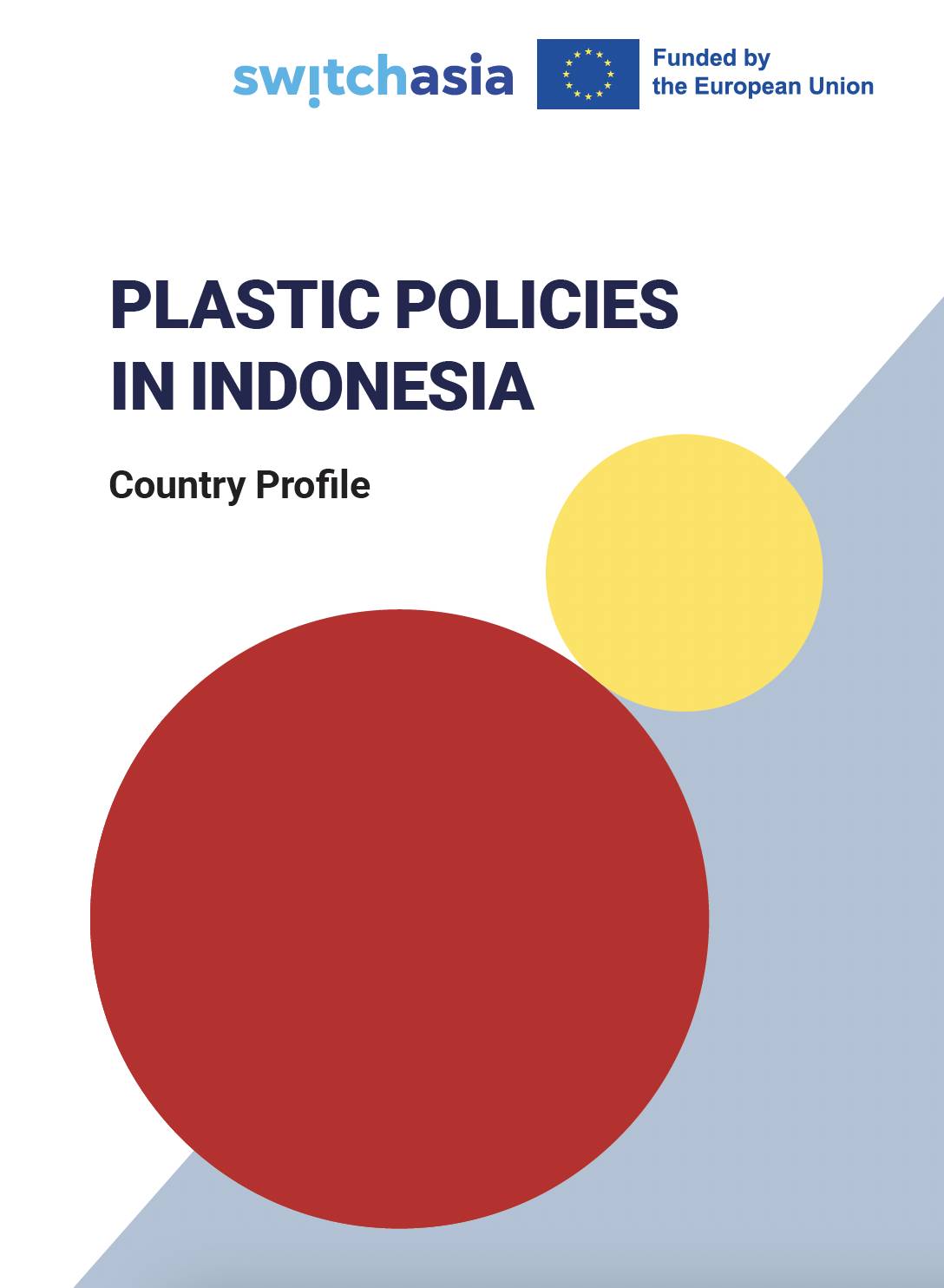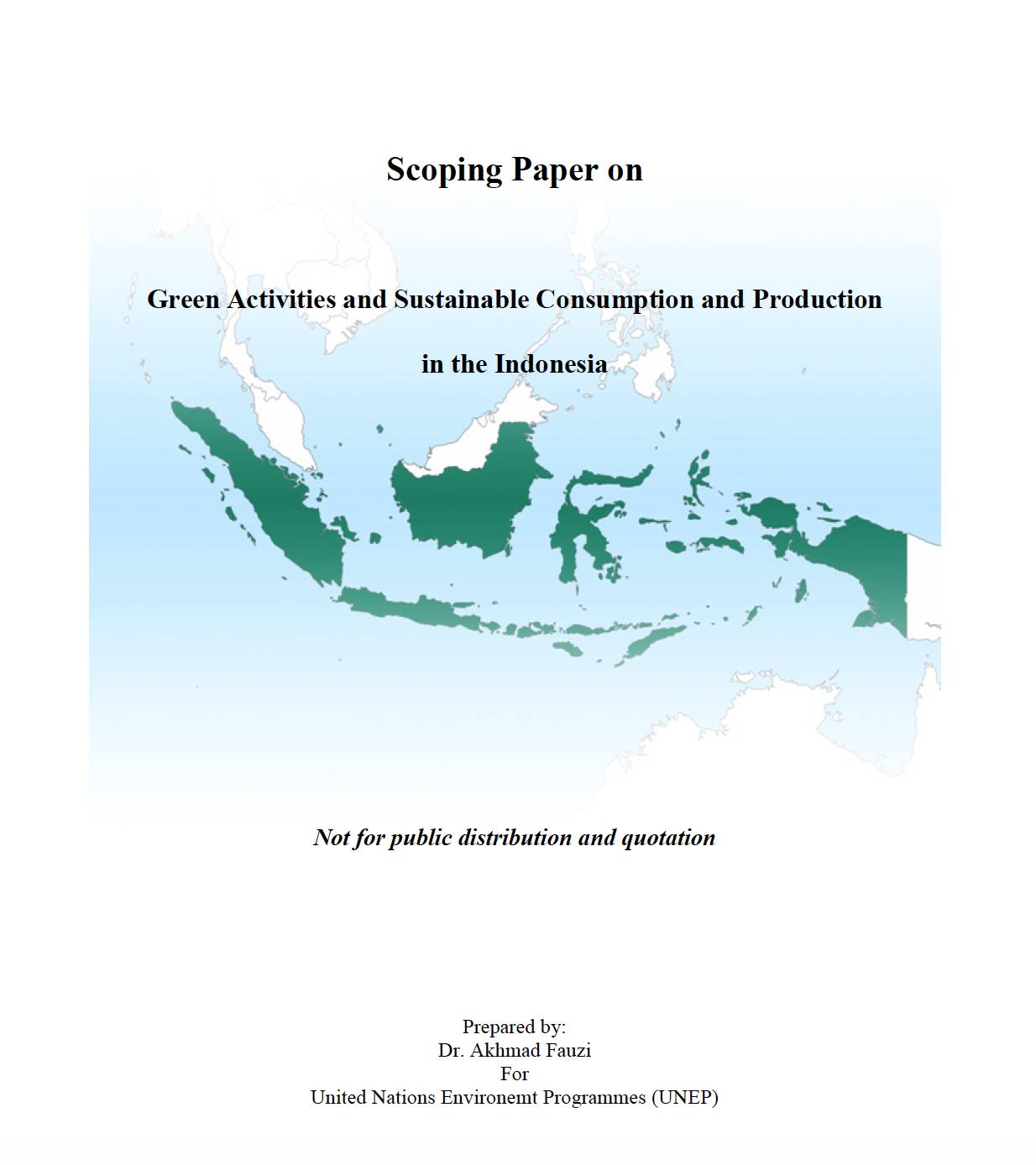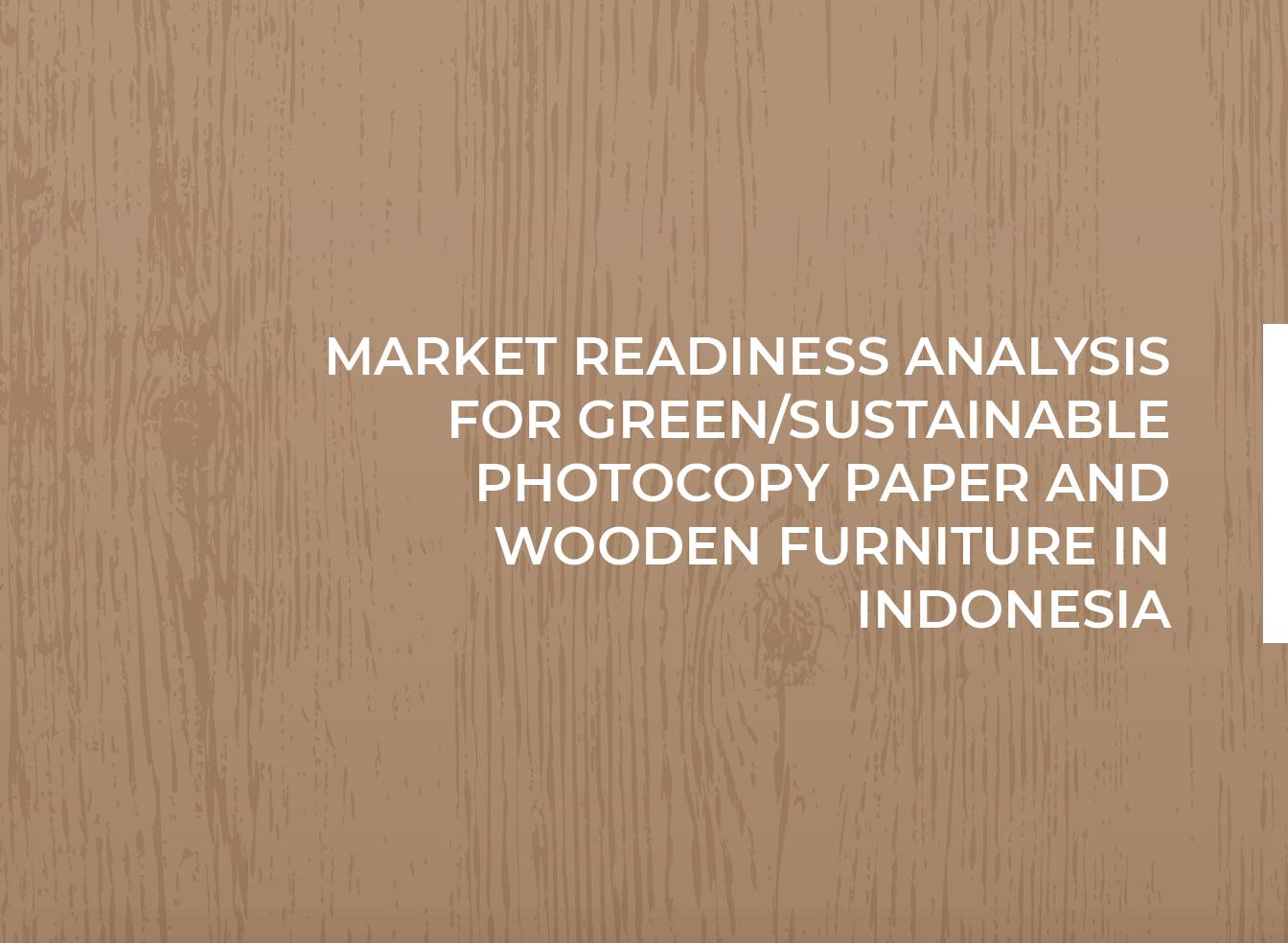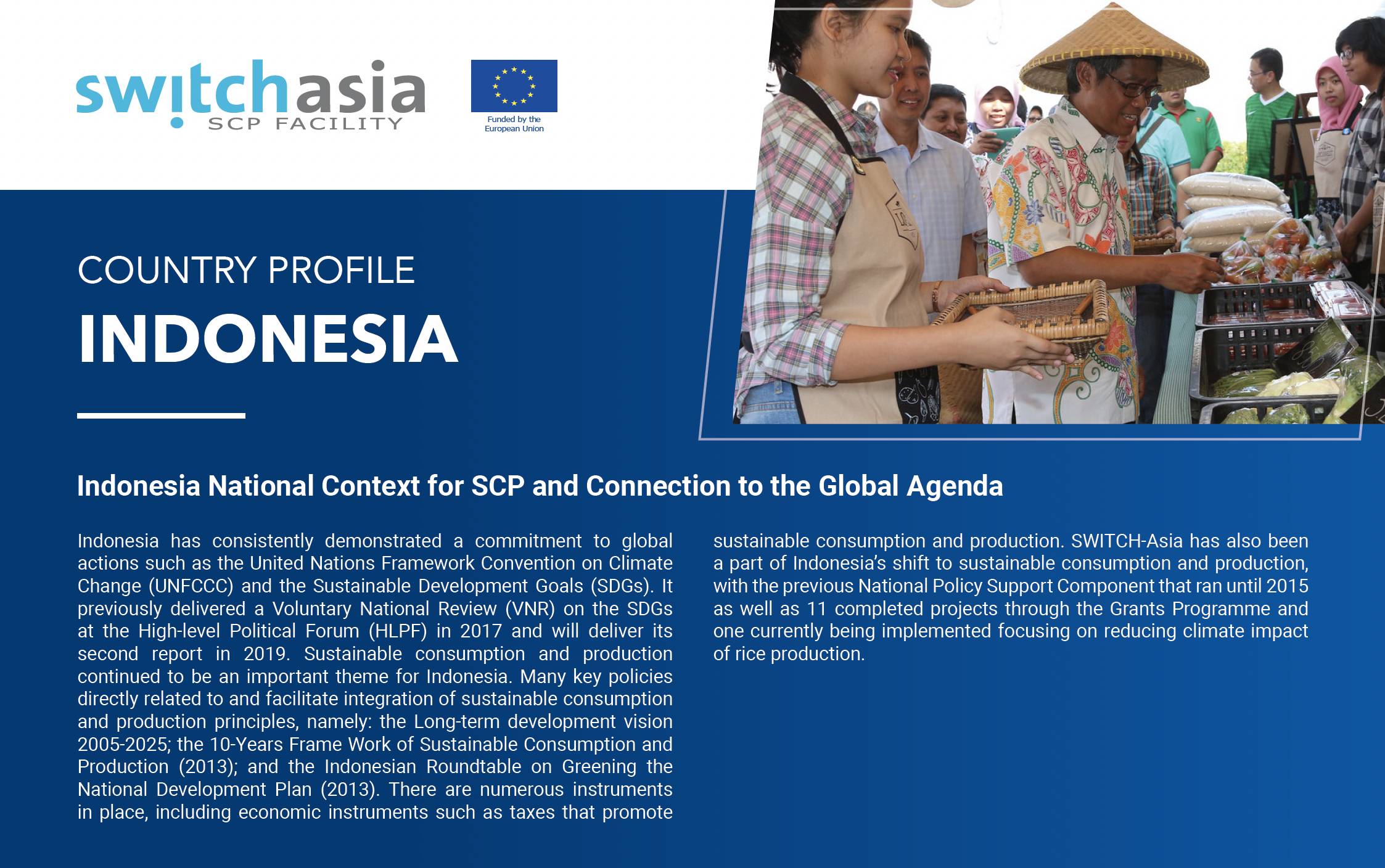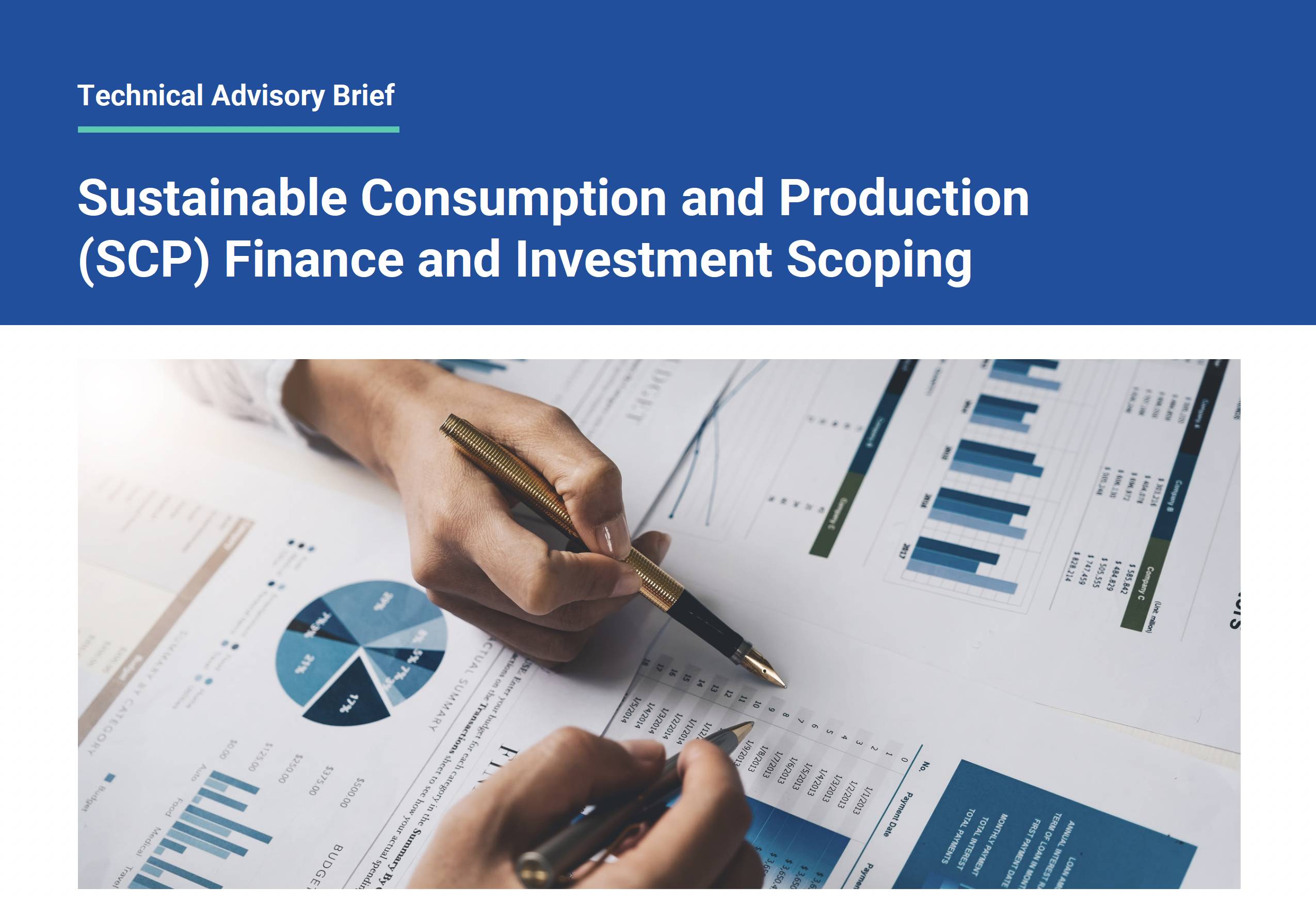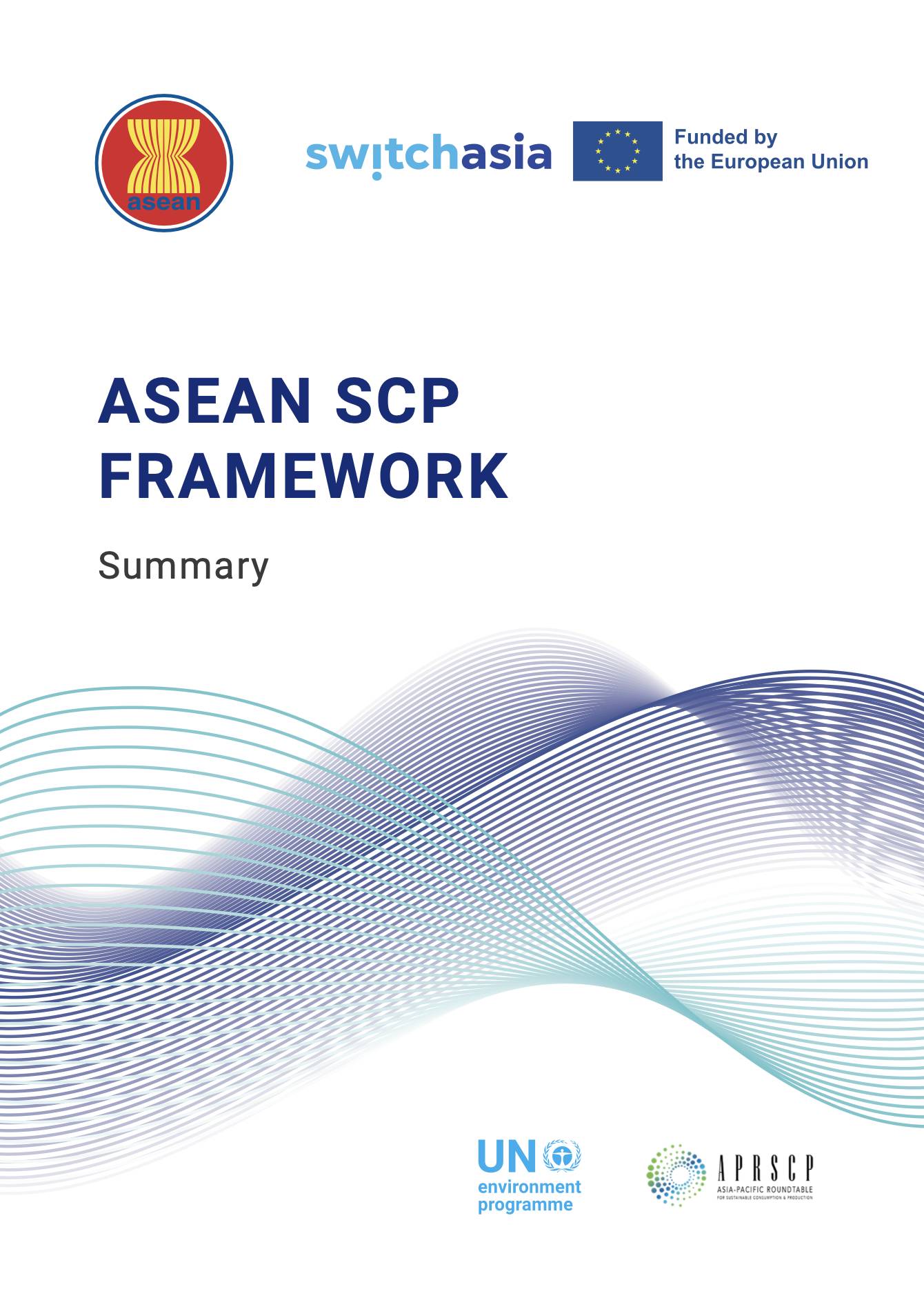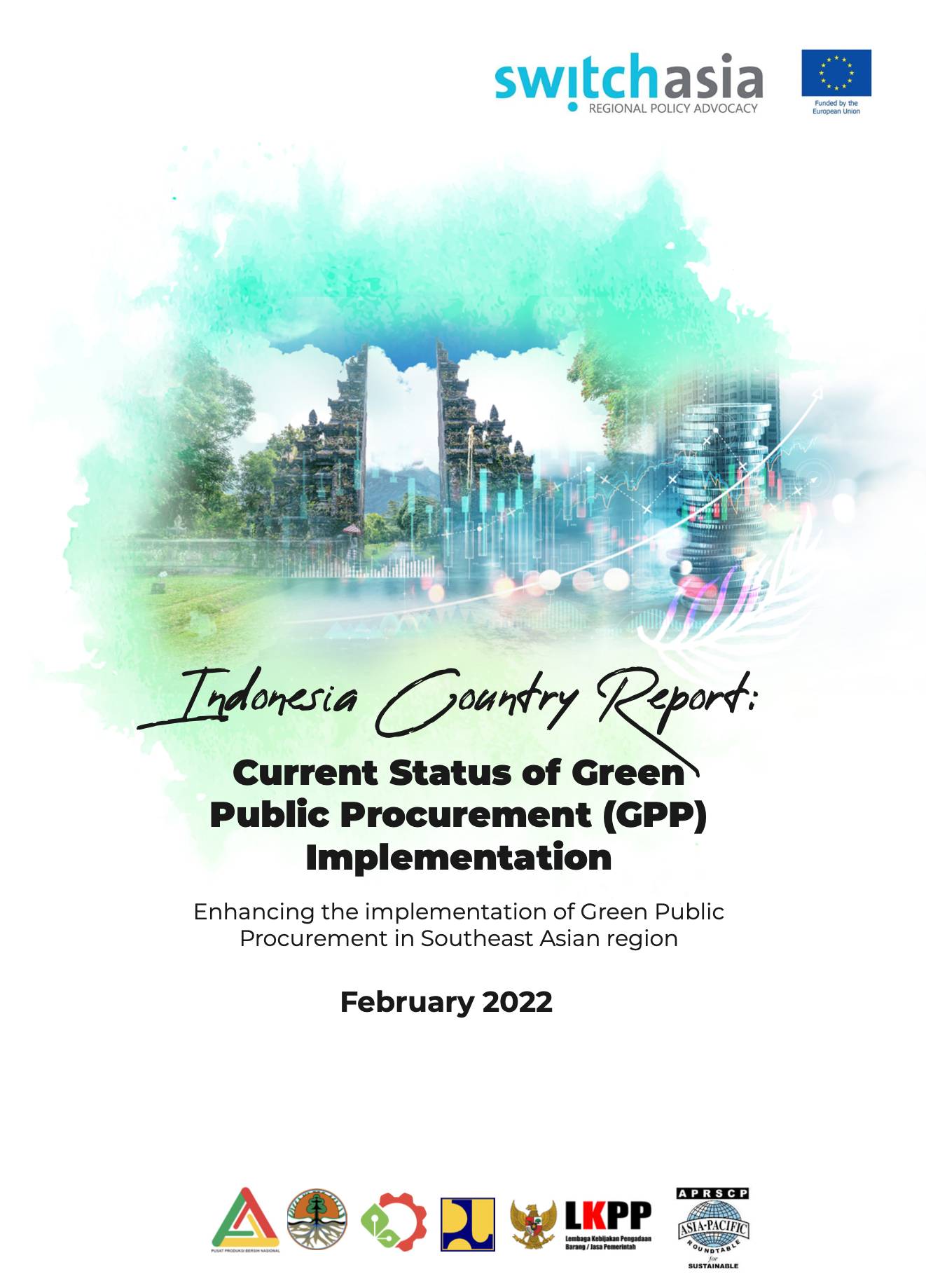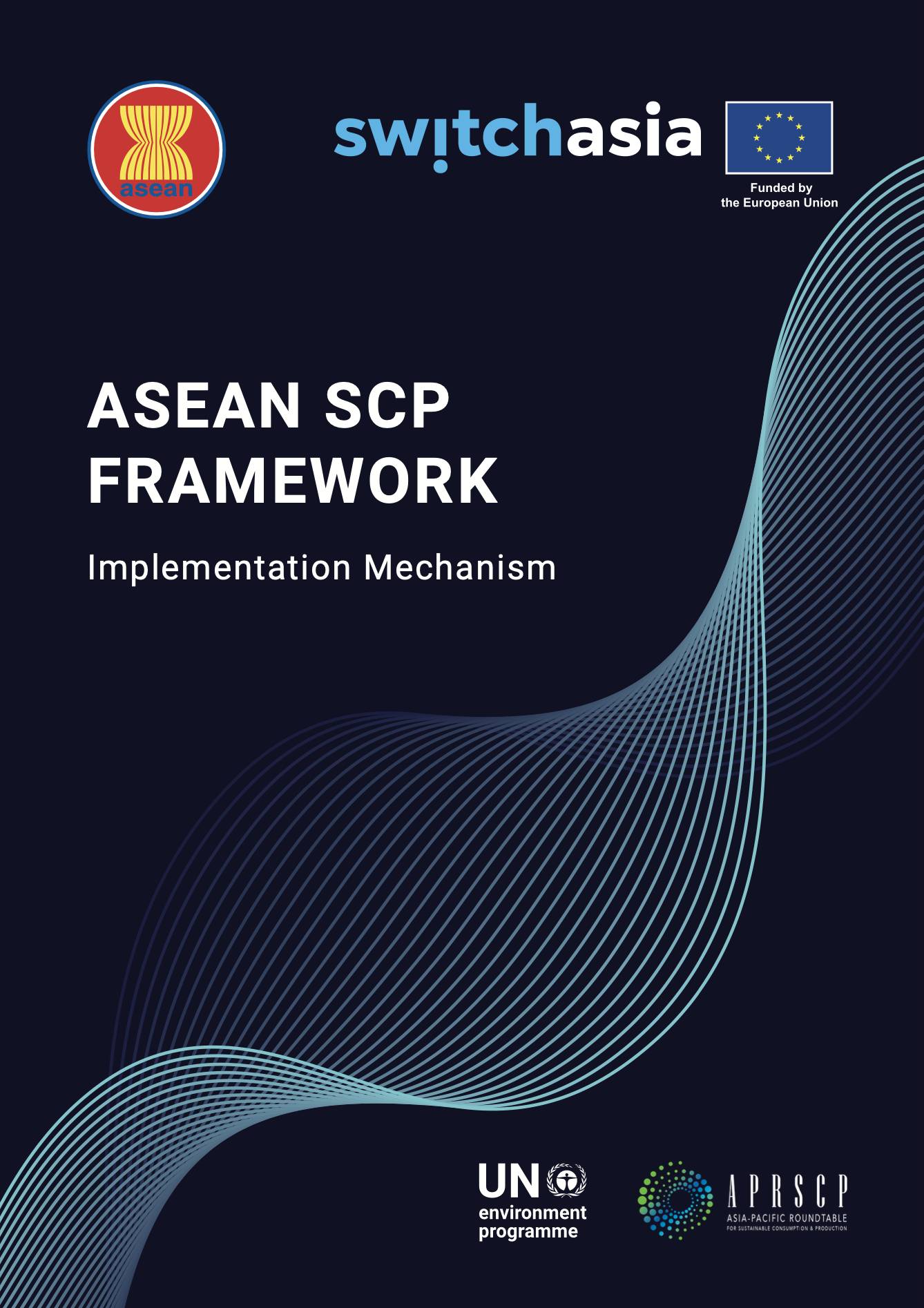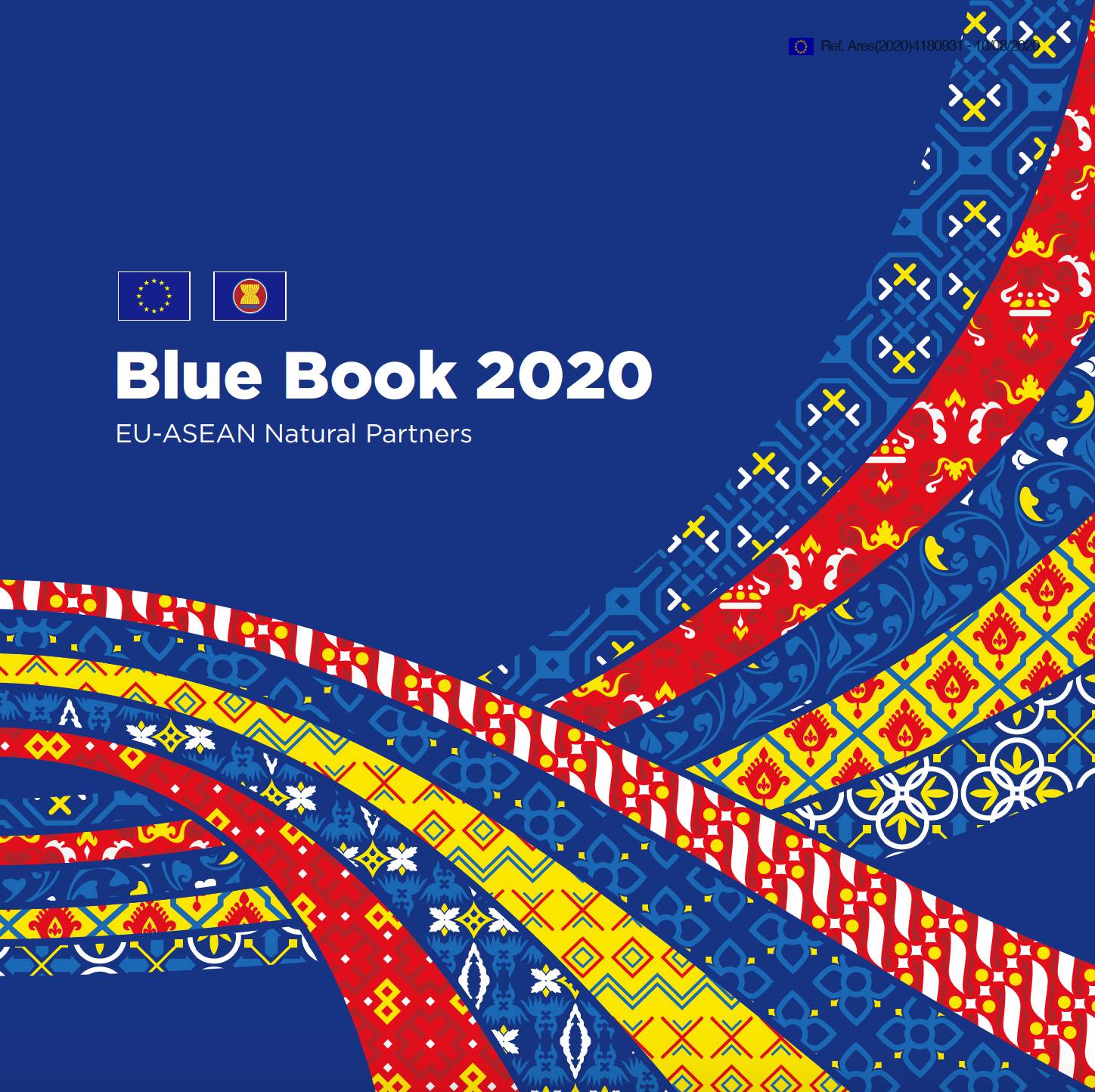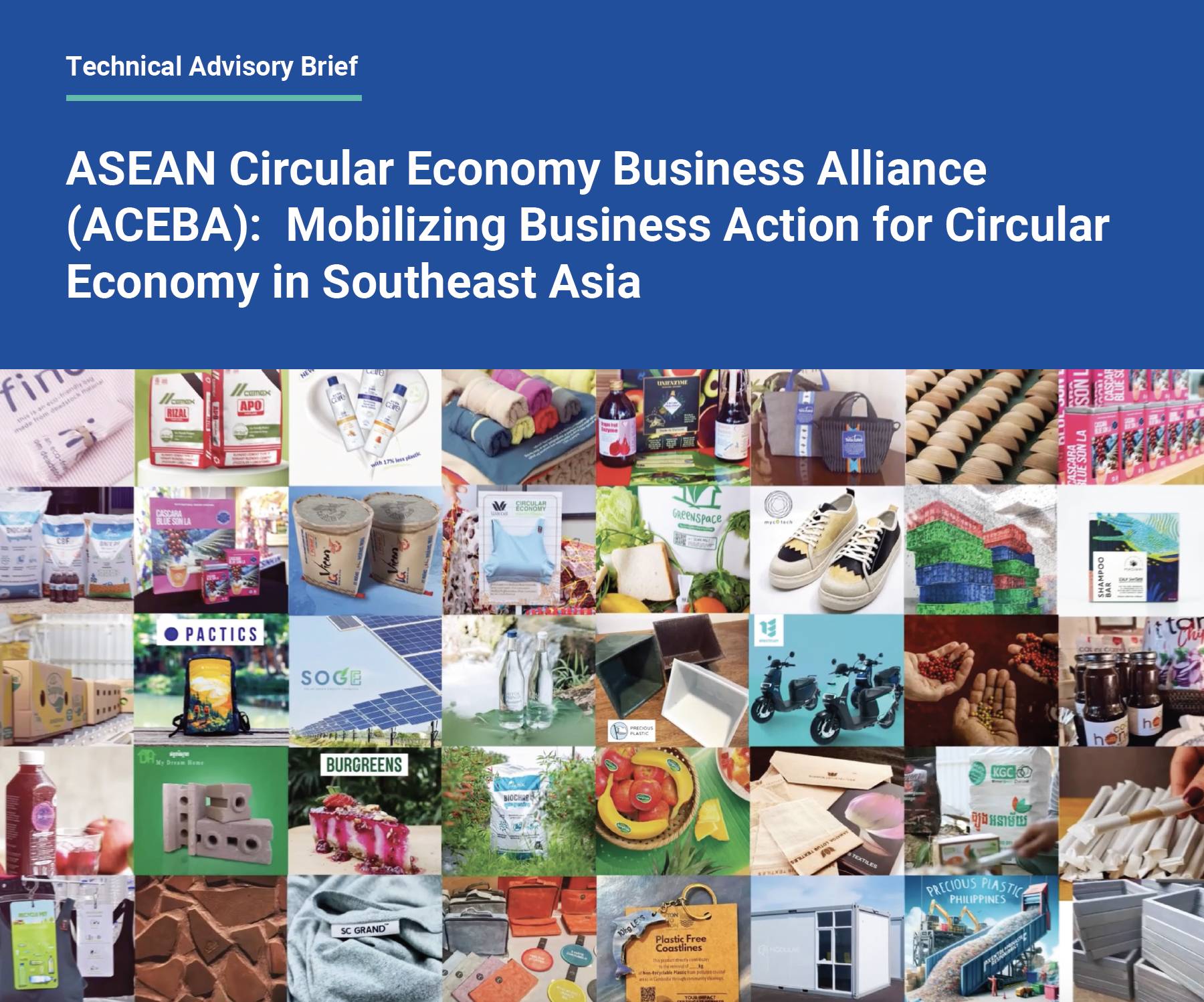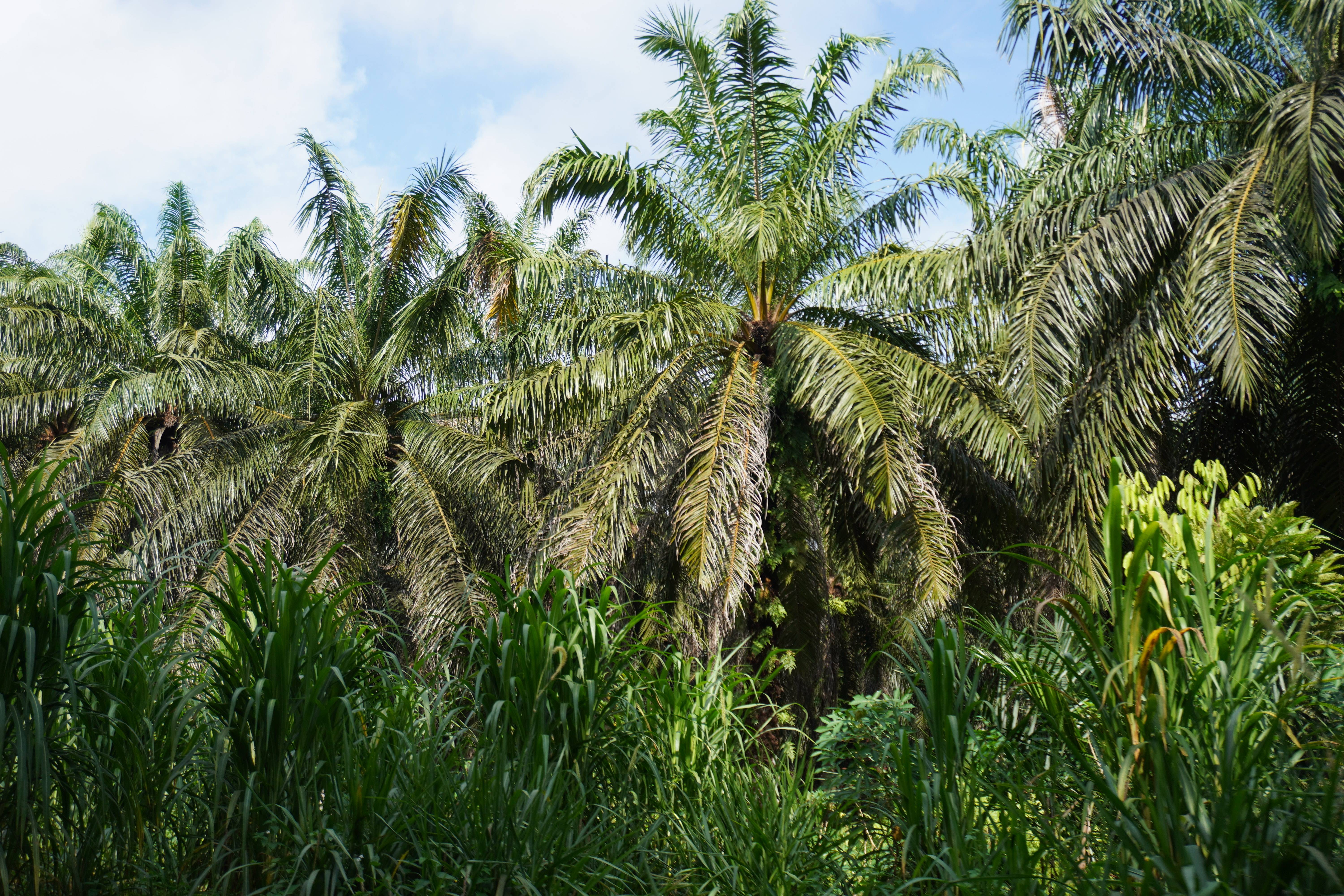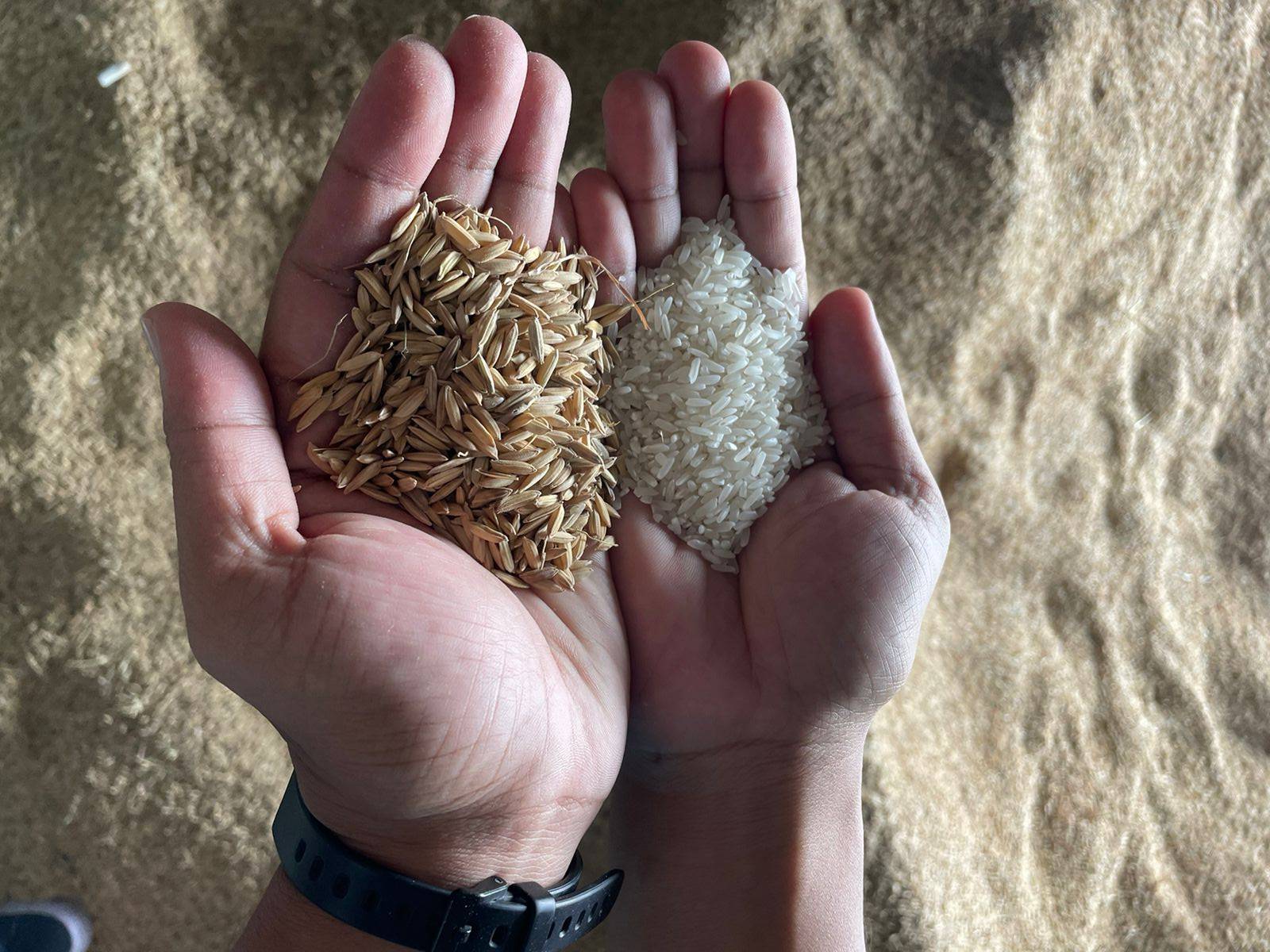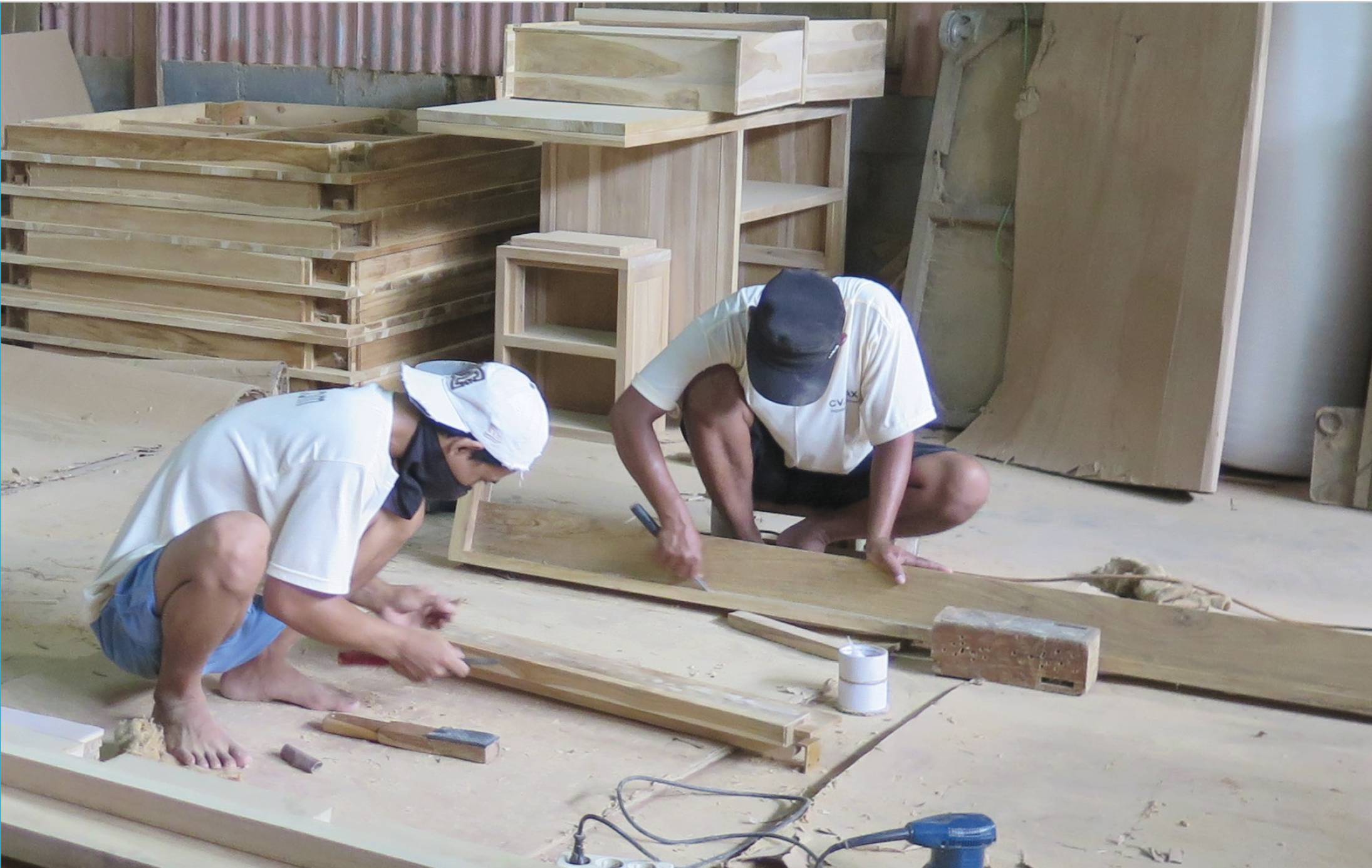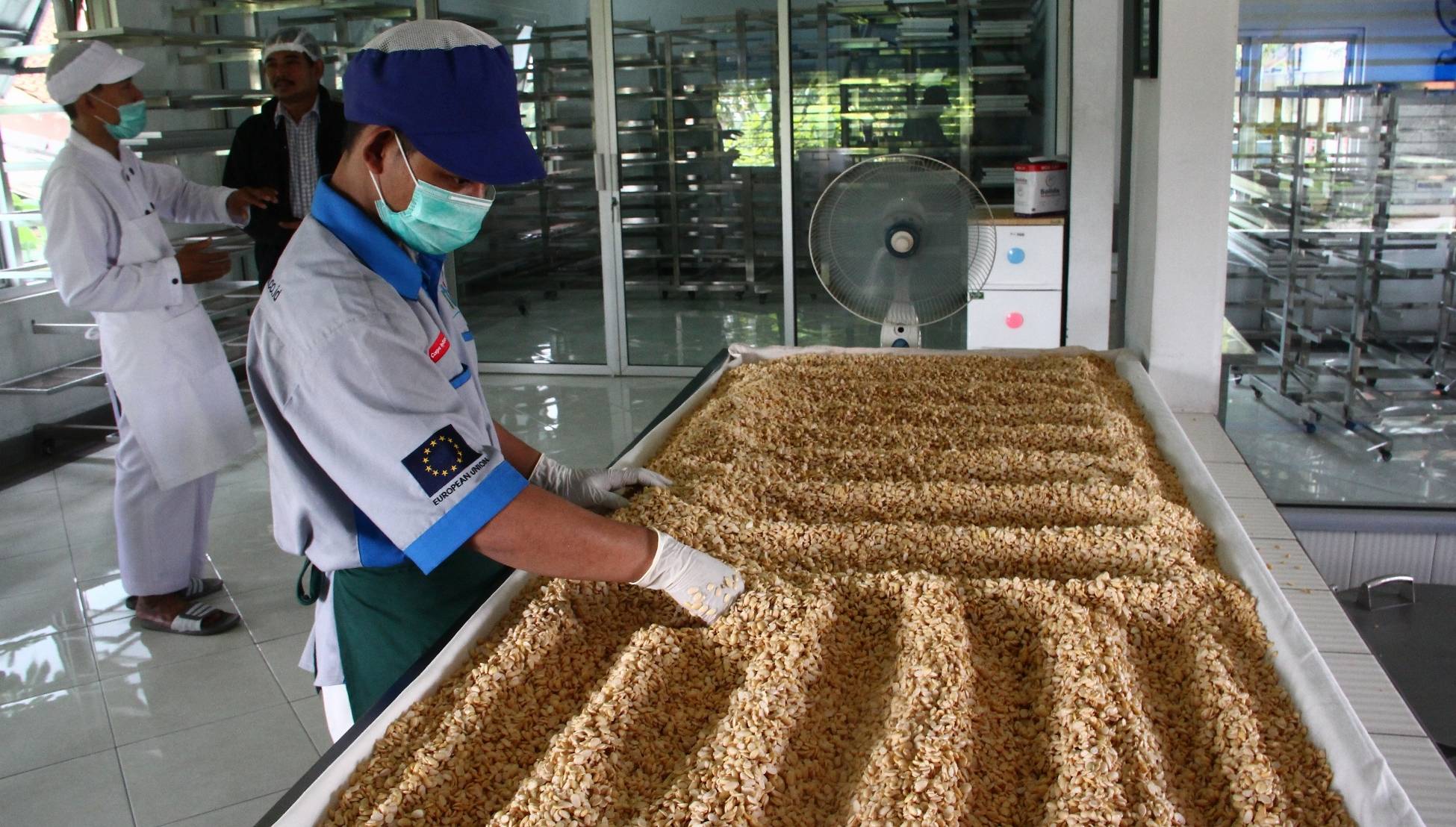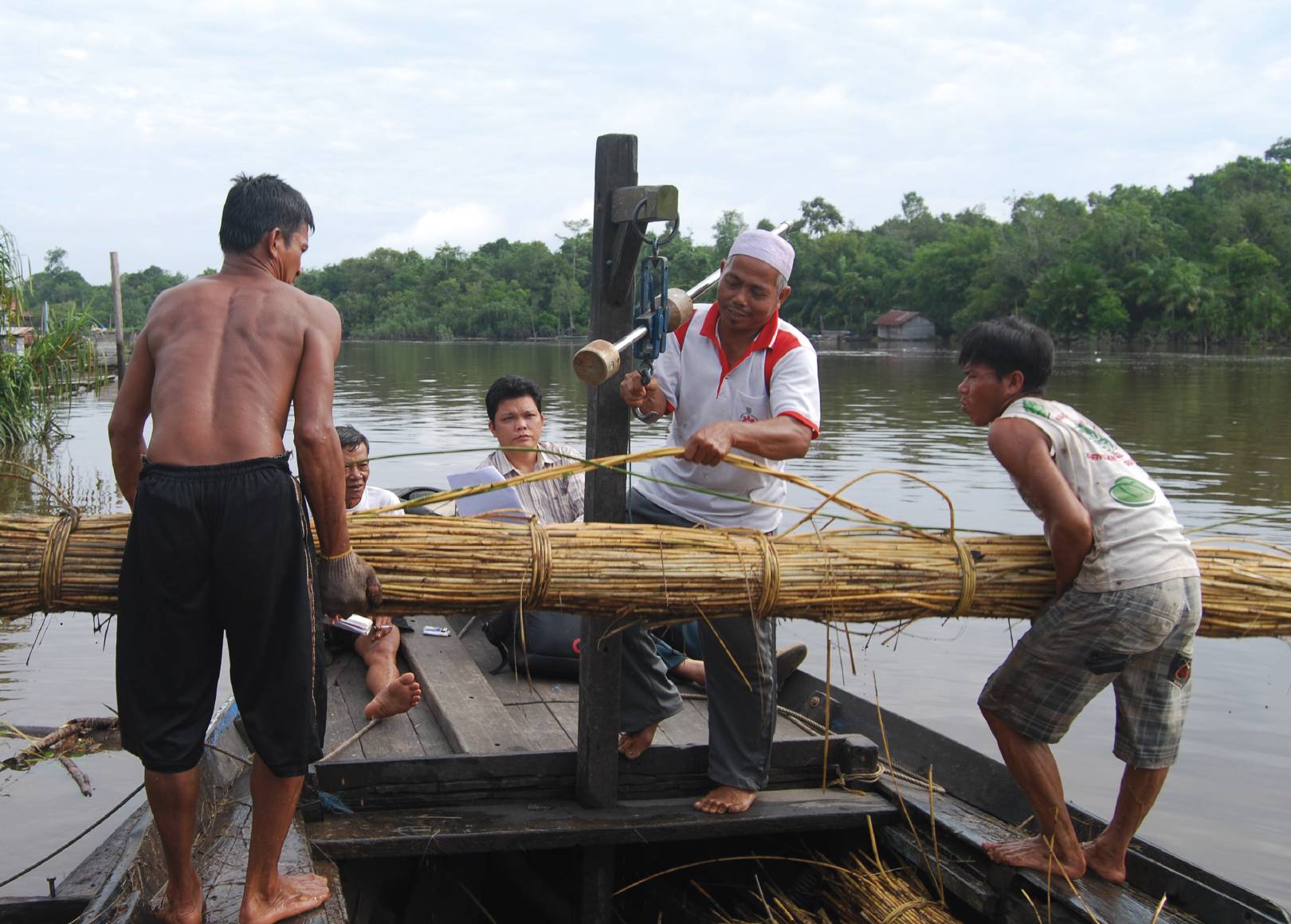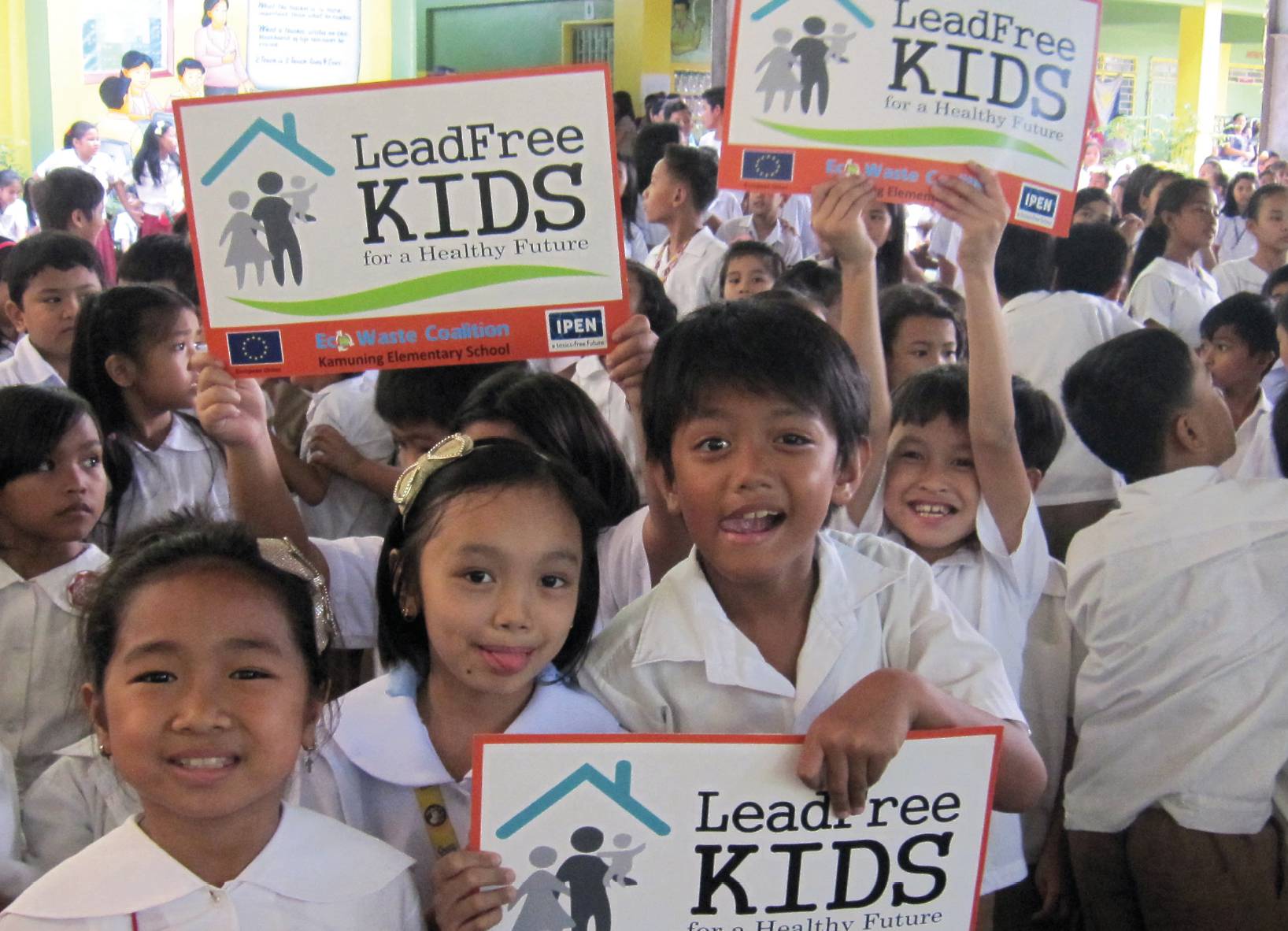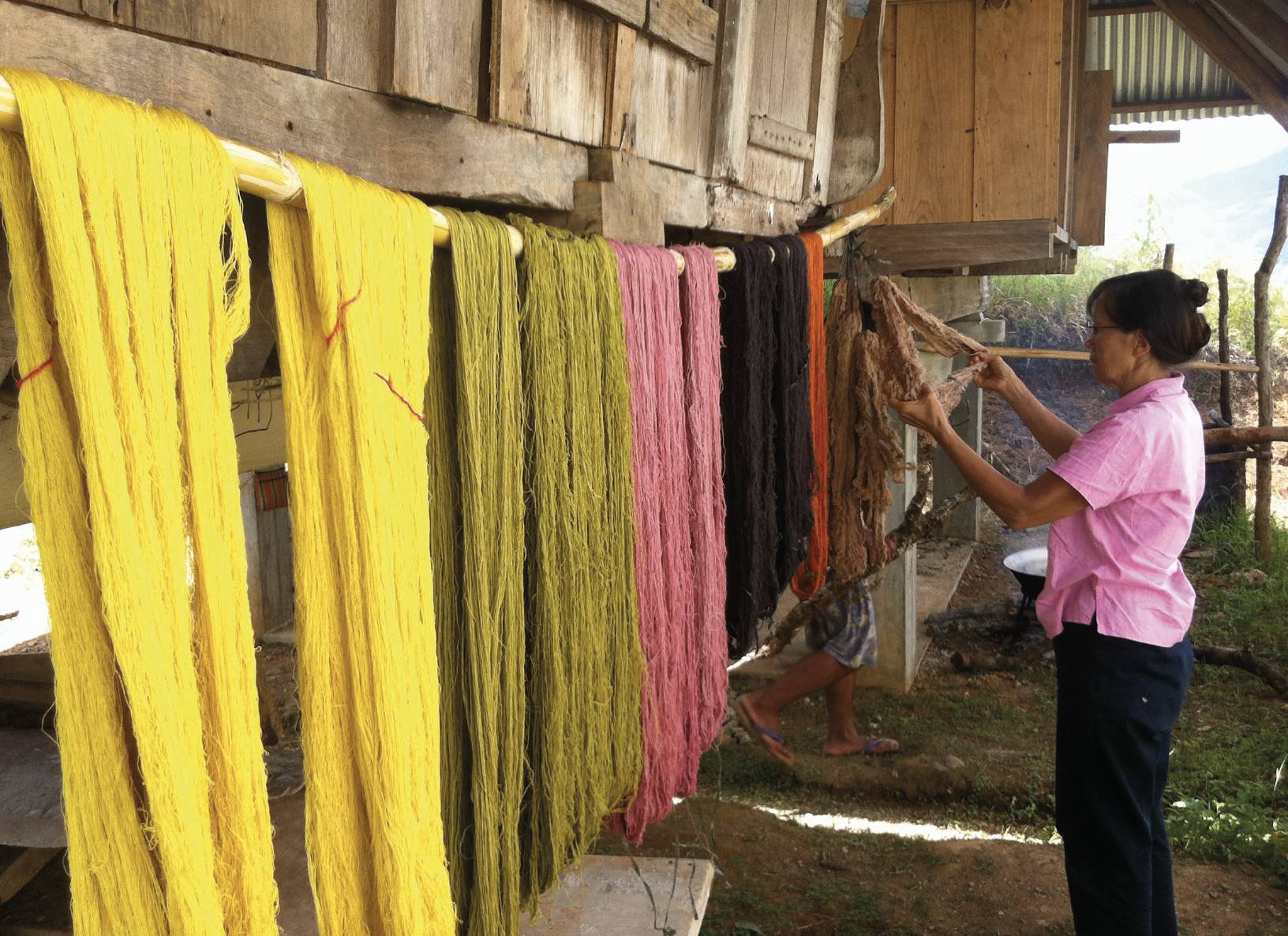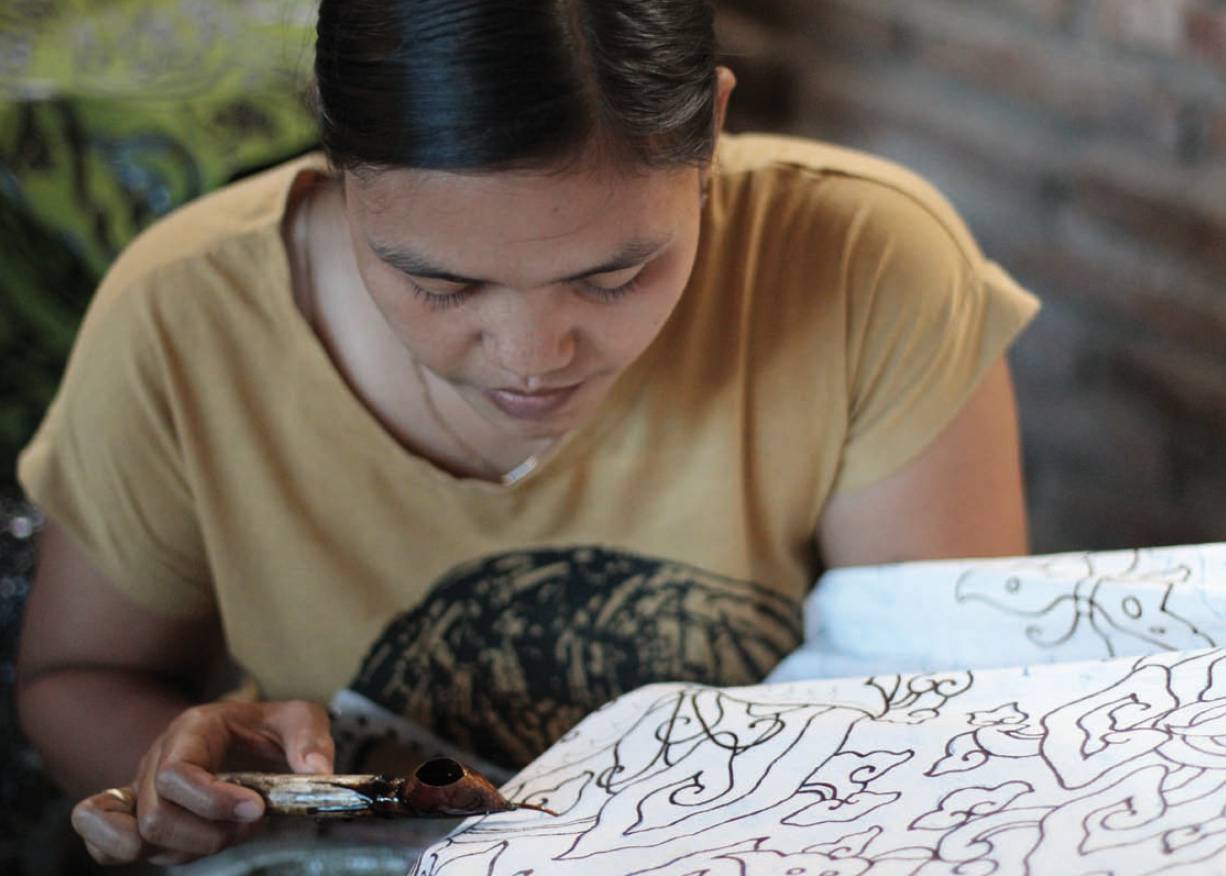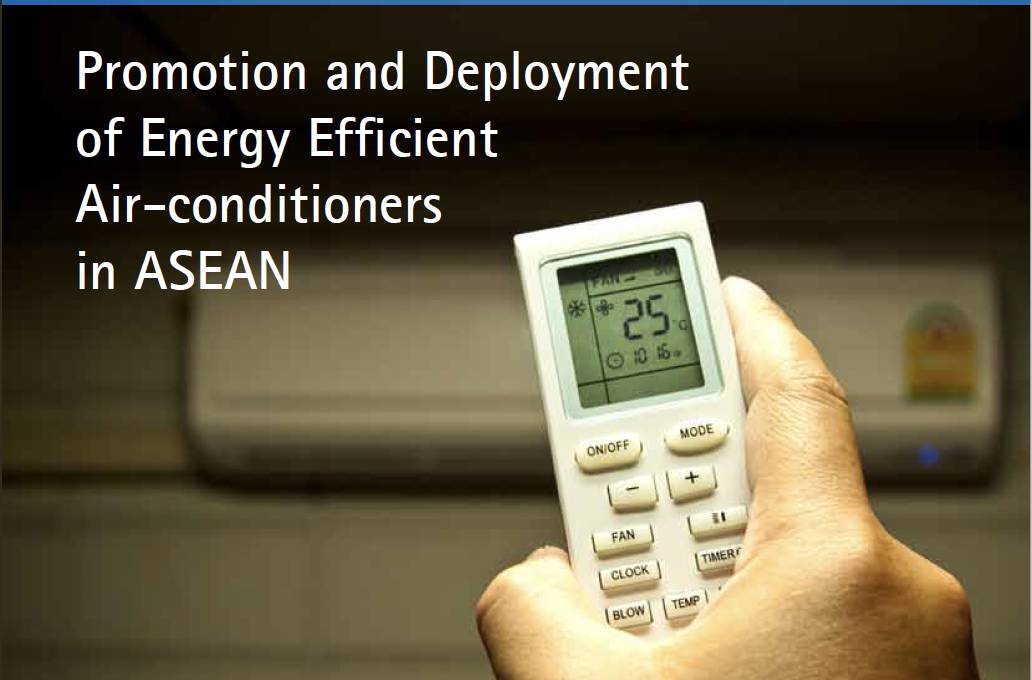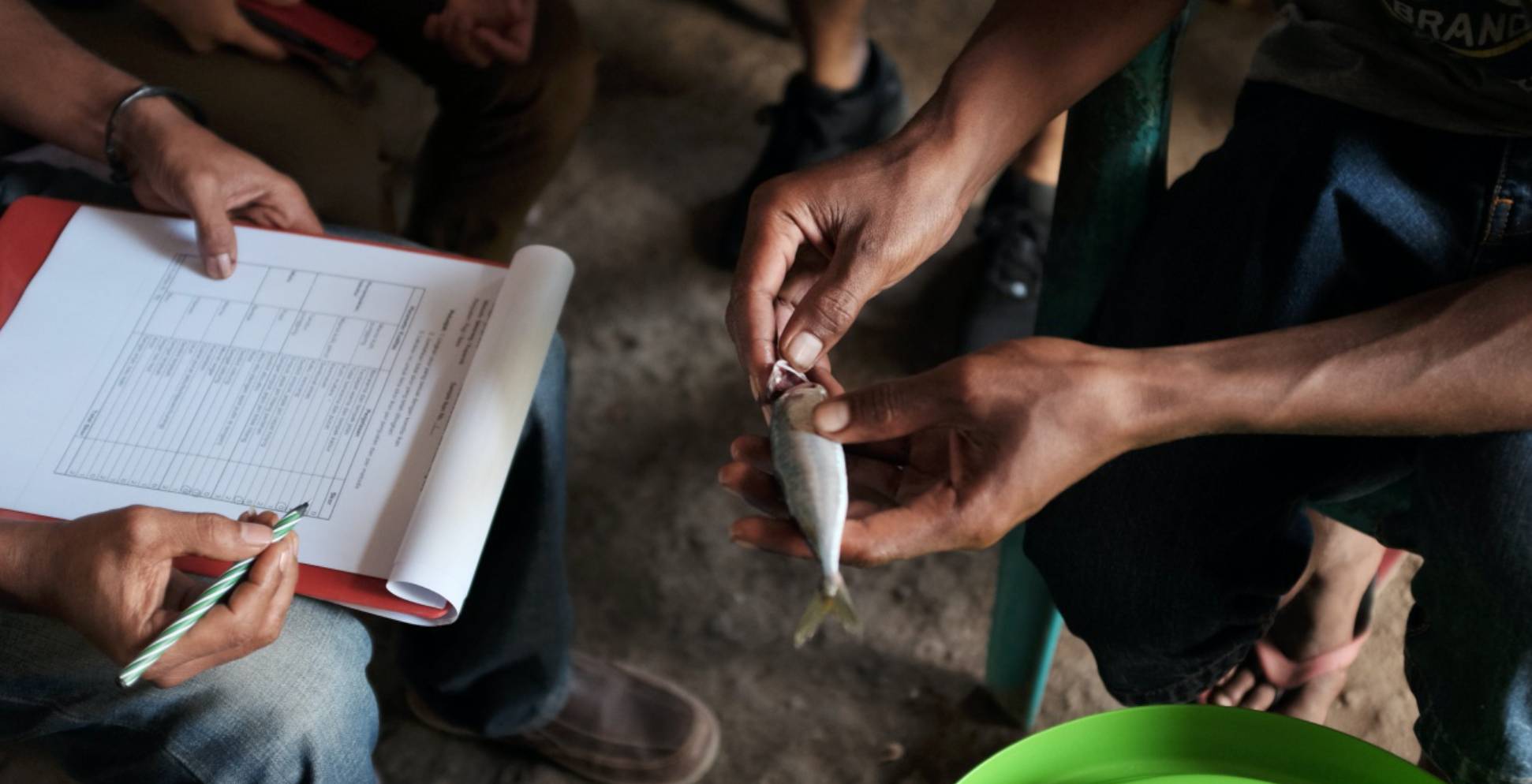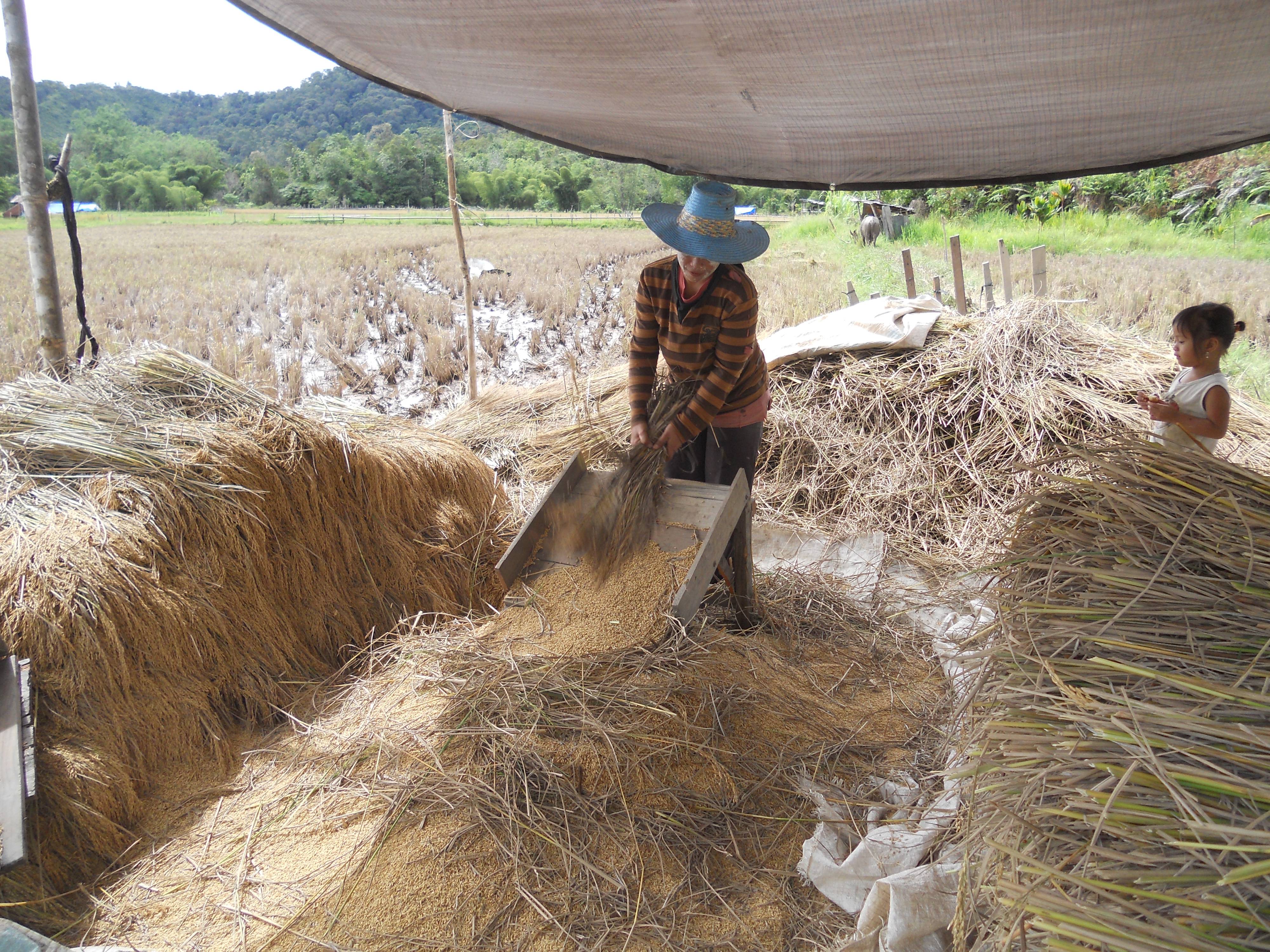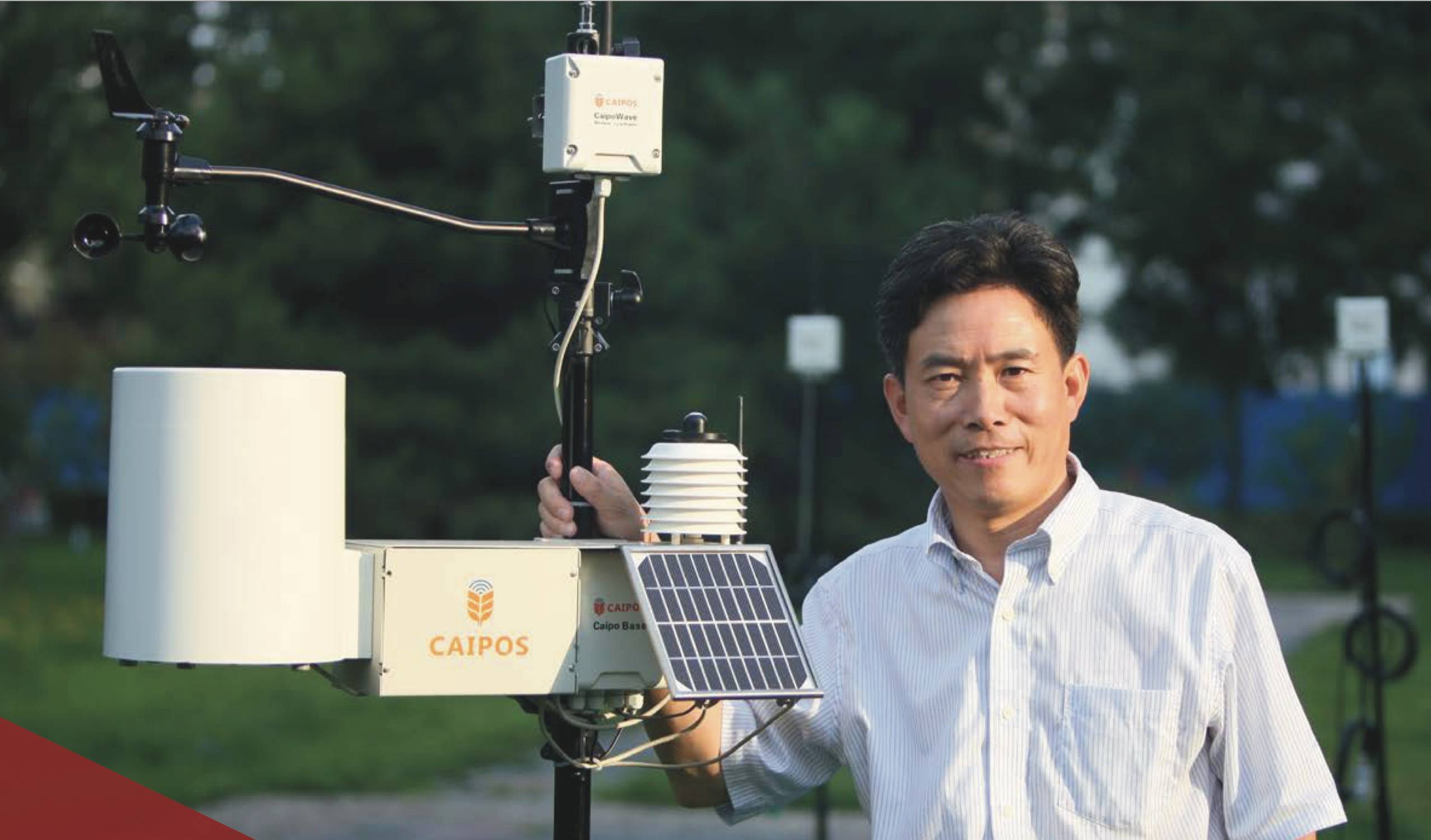
SCP Context
Indonesia National Context for SCP and Connection to the Global Agenda
Indonesia has consistently demonstrated a commitment to global actions such as the United Nations Framework Convention on Climate Change (UNFCCC) and the Sustainable Development Goals (SDGs). It previously delivered a Voluntary National Review (VNR) on the SDGs at the High-level Political Forum (HLPF) in 2017 and will deliver its second report in 2019. Sustainable consumption and production continued to be an important theme for Indonesia. Many key policies directly related to and facilitate integration of sustainable consumption and production principles, namely: the Long-term development vision 2005-2025; the 10-Years Frame Work of Sustainable Consumption and Production (2013); and the Indonesian Roundtable on Greening the National Development Plan (2013). There are numerous instruments in place, including economic instruments such as taxes that promote sustainable consumption and production. SWITCH-Asia has also been a part of Indonesia’s shift to sustainable consumption and production, with the previous National Policy Support Component that ran until 2015 as well as eight completed projects through the Grants Programme and three currently being implemented, which cover support of SMEs focused on sustainable fisheries (MATA KAIL), promoting a consumer shift to sustainable food (Local Harvest) and improving access to cleantech among MSMEs (ACMFN).
Challenges
- With SMEs making up a large percentage of businesses in Indonesia, inadequate technical capacity as well as a lack of access to finance to adopt clean technologies continues to be an issue.
- The financial sector has not yet been aligned with the goals of a low-carbon economy while the country continues to deal with growing natural resource demands.
- The overall investments required to place Indonesia’s economy on a green and sustainable development pathway fall short.
- Eco-labelling efforts have either not yet fully implemented or have a very limited outreach and/or low number of certified products.
Priorities
In addition to responding to the challenges, there are key sectors and activities that will promote overall effectiveness SCP efforts and the long-term success of the SDG implementation including:
- In order to move away from carbon intensive growth, green banking and financing is important to scale up and provide more opportunities, especially for SMEs.
- National development priorities of pro-poor, pro-growth, pro-environment and pro-jobs intersect through sustainable tourism, making it a priority as well.
- With rapid urban population growth and already high urban population rates, resource efficiency in cities is a strategic area that affects majority of the country’s population.
- The textile industry in Indonesia contributes a large percentage to the country’s GDP while the batik industry in particular occupies a position in its national heritage, making its long-term sustainability a priority.
- Other key sectors include: sustainable food production and consumption including food waste, waste management handling and disposal; reducing plastic waste and marine litter; Green Public Procurement and eco-labelling; and energy efficiency.
Opportunities
- SWITCH-Asia could facilitate policy dialogues within and between the Indonesia SCP-related bodies such as the Ministry of Environment and Forestry, Ministry of National Development Planning (BAPPENAS) among other stakeholders.
- Scale-up technical and financial assistance to induce and enable eco-innovation among SMEs towards resource efficiency.
- Move forward with the Indonesian SCP National Blueprint 2030 through the lenses of the SDGs in general and SDG12 in particular.
- Explore the potential of the concept of Voluntary Agreements in Indonesia, where command and control approaches have only been developed to a limited extent.
- Build awareness through education, including by introduction of SCP-related issues into curricula, programmes to train teachers, teaching materials and guidelines as well as through linking SCP to school management and using schools as hubs for informal education.
SWITCH-Asia Activities
2018
SCP Facility
- Preliminary assessment of SCP related policies, activities, needs/gaps, and opportunities.
Regional Policy Advocacy Component (RPAC)
Facilitated the participation of Indonesian key-stakeholders in the following regional/ sub-regional activities:
- Asia Pacific Low Carbon Lifestyles Challenge (19-22 Mar 2018), hosted by Thailand, regional level
- Transforming Asia Pacific: Innovative Solutions, Circular Economy and Low Carbon Lifestyles (17-19 Sep 2018), hosted by Thailand, regional level
- Asian Circular Economy Leadership Academy (3-8 Dec 2018), hosted by Thailand, regional level
2019
SCP Facility
- A bilateral meeting took place on 4-5 August 2019 with the NFP, the EU Delegation to Indonesia and the GIZ’s Advance SCP project focusing on the supporting the country in this same sector;
- A specific request for support was addressed by the national government on 4 October 2019 on the implementation of SCP policies and in particular of Green Public Procurement;
- A concept note with specific actions and timeline was developed by the SCP Facility in consultation with the GIZ project 'Advance-SCP' (focus on Sustainable Public Procurement and eco-labelling).
Regional Policy Advocacy Component (RPAC)
Facilitated the participation of Indonesian key-stakeholders in the following regional/ sub-regional activities:
- “Sustainability Reporting – Thinking Circular Economy by Businesses” - This event was organised back-to-back with 2019 Asia Pacific Forum on Sustainable Development (27 Mar 2019), hosted by Thailand, regional level
- Businesses Accelerating Inclusive Green Economies – "Leaving No One Behind” - Side event on the Responsible Business and Human Rights Forum co-organised by the Royal Thai Government, OECD, United Nations Development Programme (UNDP), ESCAP, International Labour Organization (ILO) and with the participation of the UN Working Group on Business and Human Rights (11 Jun 2019), hosted by Thailand, regional level
- 2019 Southeast and Northeast Asia Policy Dialogue and Training on “Harmonizing SPP practices and Measuring SPP benefits” - The activity took place in parallel with a series of events related to green procurement organized by the China Environmental United Certification Center (CEC) (23 - 25 Oct 2019), hosted by China, regional level
- WEBINAR: SDG 12.1 Reporting for SWITCH-Asia Countries – Connecting the dots between actions and reporting (5 Nov 2019), regional level
- Policy Dialogue on SDG12 Reporting (21 Nov 2019), hosted by Vietnam, regional level
- 2019 SWITCH-Asia Leadership Academy on Circular Economy (2-6 Dec 2019), hosted by China, regional level
- "Supporting decision making on SCP through training on Sustainable Procurement” - This event was organised back-to-back with International Conference on Sustainable Energy and Green Technology 2019 (11 Dec 2019, hosted by Thailand, regional level
2020-2021
SCP Facility
Implementation of the following joint activities with the Ministry of Environment and Forestry Indonesia, the SCP Facility, and the GIZ Advance SCP, in partnership with the government partners working on Green/Sustainable Public Procurement (G/SPP), with guidance from EU Delegation:
- Led by the SCP Facility, development of a market readiness analysis report on the wooden furniture and paper industries;
- Led by the GIZ Advance SCP, development of technical regulations for paper and furniture sectors, based on the market readiness analysis report, and initiation of the process for the Long-Term Action Plan for G/SPP in the paper and wood furniture sectors and other priority sectors in Indonesia.
2020
Regional Policy Advocacy Component (RPAC)
Facilitated the participation of Indonesian key-stakeholders in the following regional/sub-regional activities:
-
SWITCH2Green Meeting - RPAC initiated the discussion and shared the first report in 2020. (April 2020)
-
MOVING THE NEEDLE ON CLIMATE CHANGE – The event was co-organised by the UNESCAP as a part of the 2020 Virtual United Nations Responsible Business and Human Right Forum (RBHRF) (10 Jun 2020), hosted by Thailand, regional level
- WORLD ENVIRONMENT DAY 2020 – A media kit was provided to call for action to promote SCP as a part of the 2020 World Environment Day (WED) celebration (5-7 Jun 2020), regional level
- Intervention in regional forum: Webinar on Sustainable Lifestyles for Plastics & Packaging Waste Management During a Pandemic COVID-19 (6 Aug 2020), hosted by Thailand, regional level
- SCP in Tourism: Opportunities and Challenges with COVID-19 (8 Oct 2020), hosted by Thailand, regional level
- Innovation and Connectivity through Farm to Fork (13 Nov 2020), hosted by Thailand, regional level
- Sustainable Lifestyles for SCP (19 Nov 2020), hosted by Thailand, regional level
- Support to Steering Committee of SWITCH-Asia – Provide support for the annual Steering Committee Meeting to review each country proposed 2021 workplan (3 Dec 2020), regional level
- Regional Policy Dialogue on Circular Cities (4 Dec 2020), hosted by Thailand, regional level
- Regional Dialogue Driving Mechanisms for Eco-Design in Asia (9 Dec 2020), hosted by Thailand, regional level
- Leadership Academy on Circular Economy 2020 (14-18 Dec 2020), hosted by India, regional level
- Webinar: Innovations & Startups (16 Dec 2020), hosted by Thailand, regional level
2021
Facilitated the participation of Indonesian key-stakeholders in the following regional/sub-regional activities:
- Contextualising the Circular Economy for Action (4 Feb 2021), hosted by Thailand, regional level
- Virtual Consultation: Mapping SCP in ASEAN Countries (17 March 2021), hosted by Thailand, sub-regional level
- Technology for Circular Economy: A Prologue to the 2021 SWITCH-Asia Leadership Academy (25 March 2021), hosted by China, regional level
- Circular Economy and Sustainable Lifestyles Course (18 May 2021), hosted by Thailand, regional level


